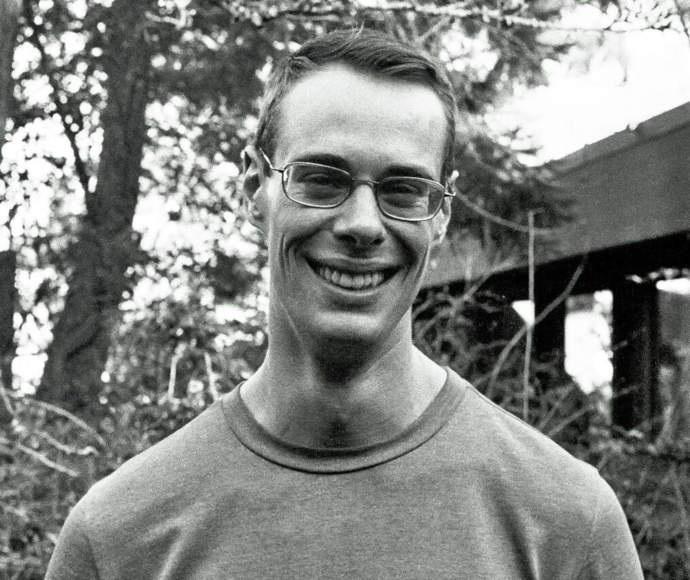Incoming postdoctoral fellow merges passion for activism and research
Sarah Kent - 28 July 2020

Postdoctoral fellow Keith Cherry will join the University of Alberta Faculty of Law in the fall to deepen his research on Indigenous-Settler relations and collective decision-making, topics that draw on his activist background.
“This project that I’ll be working on is my dream proposal,” said Cherry, who is the recipient of a prestigious Izaak Walton Killam Memorial Postdoctoral Fellowship. “It gives me the space to really reflect on, learn from, and contribute to the self-understanding of the movements I’m a part of.”
Having defended his PhD at the University of Victoria on March 10th, Cherry will work under the guidance of Assistant Professor Joshua Nichols, whose expertise in Indigenous law will be invaluable to Cherry’s studies. Cherry first encountered Nichols while they were both doctoral students at UVic.
“Our work, even at that stage, shared a critique of sovereignty as one of its foundational aspects,” said Cherry. “We come from a very similar place in our understanding of collective decision-making and decolonization.”
“Cherry’s research is very timely,” said Nichols. “(His) research helps de-center the state and open up new ways to think about Indigenous-Settler relations, decolonization, and collective decision-making.”
Cherry’s postdoctoral project explores activism by remote Indigenous communities and, in particular, their relationships with predominantly settler supporters in urban centres. He is interested in how collective decision-making operates in decentralized movements that span cultural and geographic distance.
“I first became interested in (this research) through my own activism, through being involved in solidarity action,” said Cherry, who has been involved with Walk for the Salish Sea, a march that raised awareness for climate justice, opposition to the Trans Mountain pipeline and the Coastal Gas Link pipeline, as well as anti-fish farm protests—all in solidarity with Indigenous leadership.
Movements led by the Tiny House Warriors (a group of Indigenous pipeline opponents who, as a protest tactic, have built tiny homes at Blue River, B.C., near the path of the Trans Mountain pipeline expansion project) and the Wet'suwet'en (whose members set up blockades in early 2020 to block construction of the Coastal GasLink pipeline) and supported by urban activists have been of particular interest to Cherry.
“This relationship between remote communities and urban centers is such an influential one right now,” he said. “The capacity last winter for what is really a relatively remote and small Indigenous community to project power in cities thousands of kilometers away for months on end—this is a phenomenon that is not very well understood.”
Urban Supporters
His field work will be based in the unceded Coast Salish territories of Victoria, B.C., where Cherry plans to conduct interviews with local activists who work in solidarity with Indigenous allies in remote communities.
His research asks, “When you’re acting in solidarity with Indigenous communities or to uphold Indigenous laws, to what degree do you see yourself as a subject of that legal system, to what degree do you see yourself as part of that governance system, and how does that relate to your position as a subject of the Settler state?”
A major shift that Cherry has observed in recent years is in the motivation and reasoning of urban settler activists who join Indigenous-led movements.
“(There) is a really large and growing proportion of activists who if you ask them why they are, they don’t say ‘to stop the pipeline,’ they say, ‘to move towards decolonization,’” he said.
“I think that understanding how communities are connecting and co-articulating these struggles together offers some really novel ways to think about reconciliation outside of the discourse of the state.”
This line of inquiry for Cherry’s postdoctoral project builds on his doctoral work, which offers a novel comparison of the relationship between Canada and Indigenous Peoples and the European Union and its members.
“I was interested in looking at the ways different governance systems relate to one another and comparing those transsystemic relationships,” said Cherry. “I wanted to understand how we come, and fail to come, to shared decisions across political structures.”
Due to the COVID-19 pandemic, Cherry will start his postdoctoral studies remotely in October but hopes to make occasional trips to Edmonton during the academic year.